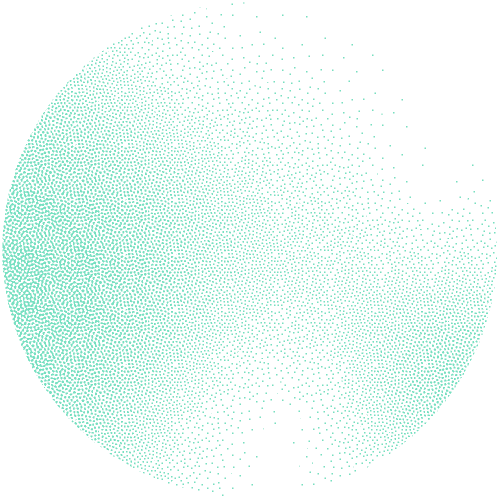ATGCCGGAATTGGCACATAACAAGTACTGCCTCGGTCCTTAAGCTGTATTGCACCATATGACGGATGCCGGAATTGGCACATAACAAGTAC
TGCCTCGGTCCTTAAGCTGTATTGCACCATATGACGGATGCCGGAATTGGCACATAACAACGGTCCTTAAGCTGTATTGCACCATATGACG
GATGCCGGAATTGGCACATAACAAGTACTGCCTCGGTCCTTAAGCTGTATTTCGGTCCTTAAGCTGTATTCCTTAACAACGGTCCTTAAGG
ATGCCGGAATTGGCACATAACAAGTACTGCCTCGGTCCTTAAGCTGTATTGCACCATATGACGGATGCCGGAATTGGCACATAACAAGTAC
TGCCTCGGTCCTTAAGCTGTATTGCACCATATGACGGATGCCGGAATTGGCACATAACAACGGTCCTTAAGCTGTATTGCACCATATGACG
GATGCCGGAATTGGCACATAACAAGTACTGCCTCGGTCCTTAAGCTGTATTTCGGTCCTTAAGCTGTATTCCTTAACAACGGTCCTTAAGG


Protein sequence databases and sequence annotation



29 February 2020



For-profit: 300 CHF

Overview
Using high-throughput technologies, you can identify long lists of candidate genes that differ between two experimental conditions. In order to interpret these gene lists and to discover fundamental properties like gene function and disease relevance, you need to use the annotation linked to a given gene or protein sequence.
The goals of this course and the practical exercises that follow are to give some basic theoretical and practical knowledge on protein sequence databases with a focus on UniProtKB, on Gene Ontology, on the different manual and automated annotation pipelines (such as HAMAP) and, in particular, on the optimum use of UniProt. During the theory and the practical sessions, we will discuss questions such as:
- Where do the protein sequences come from?
- What are the differences between the major protein sequence databases?
- What are the manual and automated gene / protein annotation pipelines?
- What are the Gene Ontology (GO) annotation pipelines?
- How to assess protein sequence accuracy and annotation quality?
- How to extract biological knowledge from a Blast result or gene list?
- How to mine enzyme data in UniProtKB using chemical structure data and chemical classifications from the Rhea resource of biochemical reactions?
Audience
This course targets biologists and bioinformaticians who seek to analyse protein data. It will also be useful for people who programmatically access protein sequence databases and need to understand the data.
Min 12 participants.
Learning objectives
At the end of the course, the participants are expected to:
- know the differences between the major protein sequence databases
- understand the major sequence annotation pipelines and the GO annotation pipelines
- assess the protein sequence accuracy and the annotation quality
Prerequisites
Knowledge / competencies
None
Technical
You are required to bring your own laptop with an Internet connexion.
Schedule
09h00 Welcome
09h15 Protein sequence databases
10h30 Pause
11h00 Practicals
12h30 Pause
13h30 Automated annotation pipeline: theory and practicals
15h00 Pause
15h30 How to mine enzyme data: theory and practicals
17h00 End
Application
The registration fees for academics are 60 CHF, and 300 CHF for industrial participants. This includes course content material and coffee breaks.
Deadline for registration and free-of-charge cancellation is set is set to 26 February 2020. Cancellation after this date will not be reimbursed. Please note that participation to SIB courses is subject to our general conditions.
You will be informed by email of your registration confirmation.
Venue
University of Lausanne (Metro M1 line, Sorge station). More details to the registered participants.
Additional information
Coordination: Grégoire Rossier
We will recommend 0.25 ECTS credits for this course (given a passed exam at the end of the course).
You are welcome to register to the SIB courses mailing list to be informed of all future courses and workshops, as well as all important deadlines using the form here.
For more information, please contact training@sib.swiss.